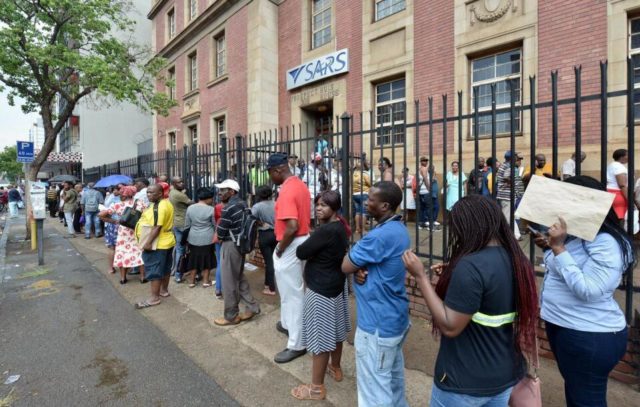The National Treasury is considering policy interventions in a bid to prevent tax avoidance and fiscal leakages, especially those coming as a result of multinational enterprises exploiting gaps and mismatches between different countries’ tax systems.
THE NATIONAL Treasury is considering policy interventions in a bid to prevent tax avoidance and fiscal leakages, especially those coming as a result of multinational enterprises exploiting gaps and mismatches between different countries’ tax systems.
The Treasury told Parliament on Tuesday that it had introduced a number of measures to reduce tax avoidance over the years, especially from indirect taxes, but this was work that always required collaboration with the SA Revenue Service (Sars).
Treasury’s chief director for economic tax analysis Chris Axelson said there was always a potential for leakage, either by avoidance or evasion, in every stage of tax calculation.
However, Axelson said that some of the new measures, such as the Two-Pillar solution aimed at addressing challenges arising from the digitalisation of the economy, should reduce the amount of base erosion and profit shifting.
“The principle we try to follow to reduce all these leakages is to have as broad a tax base as possible. We need to try and tax every type of income and benefit that is available within our system,” Axelson said.
“Local digital companies are paying VAT on the amount of things that they provide to consumers, whereas international companies were not. We were actually the second country in the world to impose VAT on digital companies, and we have been expanding that tax base in 2017 and 2019 to include all types of software, which has really increased the revenue from this which now stands around at R6.7 billion per year.”
The Organisation for Economic Co-operation and Development (OECD) last year implemented the Two-Pillar plan to reform international taxation rules and ensure that multinational enterprises pay a fair share of tax wherever they operate in over 135 countries and jurisdictions.
Treasury’s acting director-general, Ismail Momoniat, said the international agreements they have with regard to tax in different jurisdictions were critical.
“There are challenges from the tax side, but I think through Sars and other mechanisms there is a way forward to deal with specific problems,” he said.
“On the expenditure side is where the leakages are the problem. We have seen with state capture how the procurement system has been abused. That’s where I think the big focus is going to be, especially in response to the Zondo Commission’s findings.”
Meanwhile, Sars, the National Prosecuting Authority, the Hawks and the Financial Intelligence Centre announced on Tuesday the piloting of a new legislative tool targeting unexplained wealth.
In a joint statement, the agencies in law enforcement and prosecution said this new initiative will make it more cost-effective, faster and easier to investigate and recover assets acquired through suspected unlawful activities such as corruption, fraud, tax evasion and money laundering.
– BUSINESS REPORT








